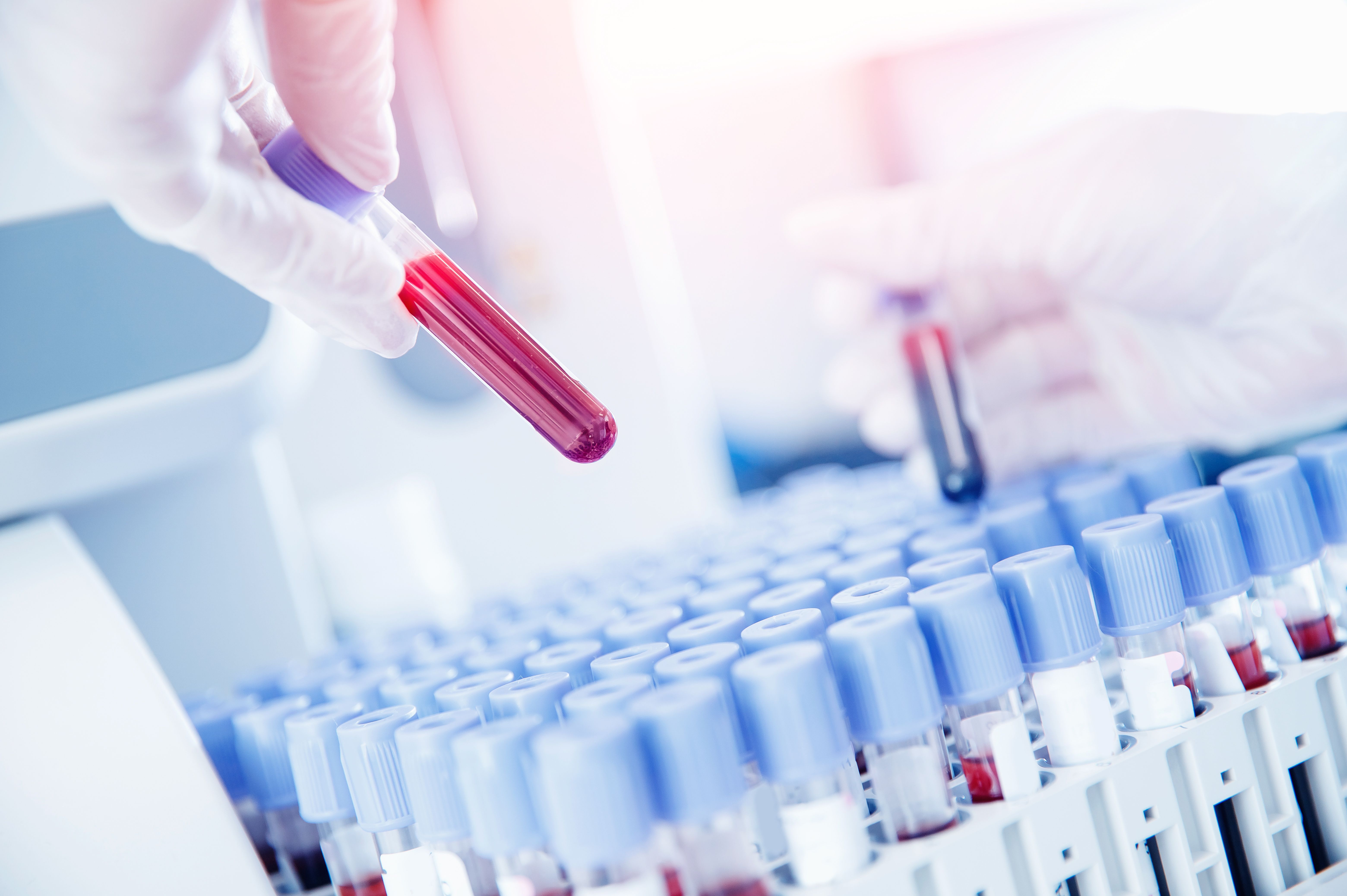
(Vienna, 12 November 2021) Clotting problems and resulting complications are common in COVID-19 patients. Researchers at the Medical University of Vienna have now shown that a member of the anticoagulant group of drugs not only has a beneficial effect on survival of COVID-19 patients, but also influences the duration of active infection with the SARS-CoV-2 coronavirus. The results were recently published in the journal Cardiovascular Research.
Coronavirus disease (COVID-19) is a multifaceted infectious disease. While, at the start of the global pandemic, it was assumed that COVID-19 was primarily a disease of the lungs, it is now known that several functional systems in the human body are affected following infection with the pathogen SARS-CoV-2. One of these functional systems is blood clotting. COVID-19 patients have an increased risk of thromboses and embolisms, such as strokes, pulmonary or myocardial infarctions, and even deep vein thromboses. The use of drugs that inhibit blood clotting has been part of the treatment guidelines for COVID-19 since July 2020. "These complications during hospitalisation have a direct impact on the well-being of patients and increased the risk of dying from COVID-19," reports David Pereyra from MedUni Vienna's Department of General Surgery, who is first author of the publication. The underlying coagulopathy is still not fully understood.
COVID-19 triggers unique clotting problems
"The coagulopathy observed in COVID-19 patients is novel and differs in many respects from previously known coagulation problems," says Alice Assinger, group leader at the Institute of Vascular Biology and Thrombosis Research at the Medical University of Vienna and last author of the publication, "COVID-19-associated coagulopathy displays characteristics that, although partially comparable with other coagulation diseases, cannot be fully explained by them." Alice Assinger's group therefore started to look for an explanation for this sub-condition of COVID-19 in the spring of 2020, in an early phase of the pandemic.
In a multi-centre analysis of COVID-19 patients in Vienna, Linz and Innsbruck, the group observed that COVID-19-associated coagulopathy occurs almost exclusively in patients requiring intensive care or in patients who die as a result of COVID-19. Although anticoagulant drugs improve the survival of COVID-19 patients, they show no effect on immunological processes related to blood coagulation (immunothrombosis).
Low-molecular-weight heparin curtails duration of infection
The analyses showed, however, that the period of active SARS-CoV-2 infection is curtailed in patients treated with low-molecular-weight heparin, the most commonly used anticoagulant. "In patients who receive this drug, infection time is an average of four days shorter than in patients who are not treated with low-molecular-weight heparin. We were surprised to see that low-molecular-weight heparin may have a direct effect on coronavirus and its infectivity," said David Pereyra. Experimental data show that heparin can inhibit the ability of SARS-CoV-2 to bind to cells, thereby preventing them from being infected.
These observations were made in the context of a close collaboration between the three hospitals involved - the Favoriten Hospital in Vienna, the Innsbruck Regional Hospital Innsbruck and the Johannes Kepler University Hospital in Linz – as well as through the active exchange between basic researchers and clinicians," says Alice Assinger, underscoring the relevance of good cooperation during the COVID-19 pandemic for a better understanding of the disease and its treatment.
Service: Cardiovascular Research
Low molecular weight heparin use in COVID-19 is associated with curtailed viral persistence - a retrospective multicenter observational study. David Pereyra, Stefan Heber, Waltraud C Schrottmaier, Jonas Santol, Anita Pirabe, Anna Schmuckenschlager, Kerstin Kammerer, Daphni Ammon, Thomas Sorz, Fabian Fritsch, Hubert Hayden, Erich Pawelka, Philipp Krüger, Benedikt Rumpf, Marianna T Traugott, Pia Glaser, Christa Firbas, Christian Schörgenhofer, Tamara Seitz, Mario Karolyi, Ingrid Pabinger, Christine Brostjan, Patrick Starlinger, Günter Weiss, Rosa Bellmann-Weiler, Helmut J F Salzer, Bernd Jilma, Alexander Zoufaly, Alice Assinger. Cardiovascular Research, DOI: 10.1093/cvr/cvab308